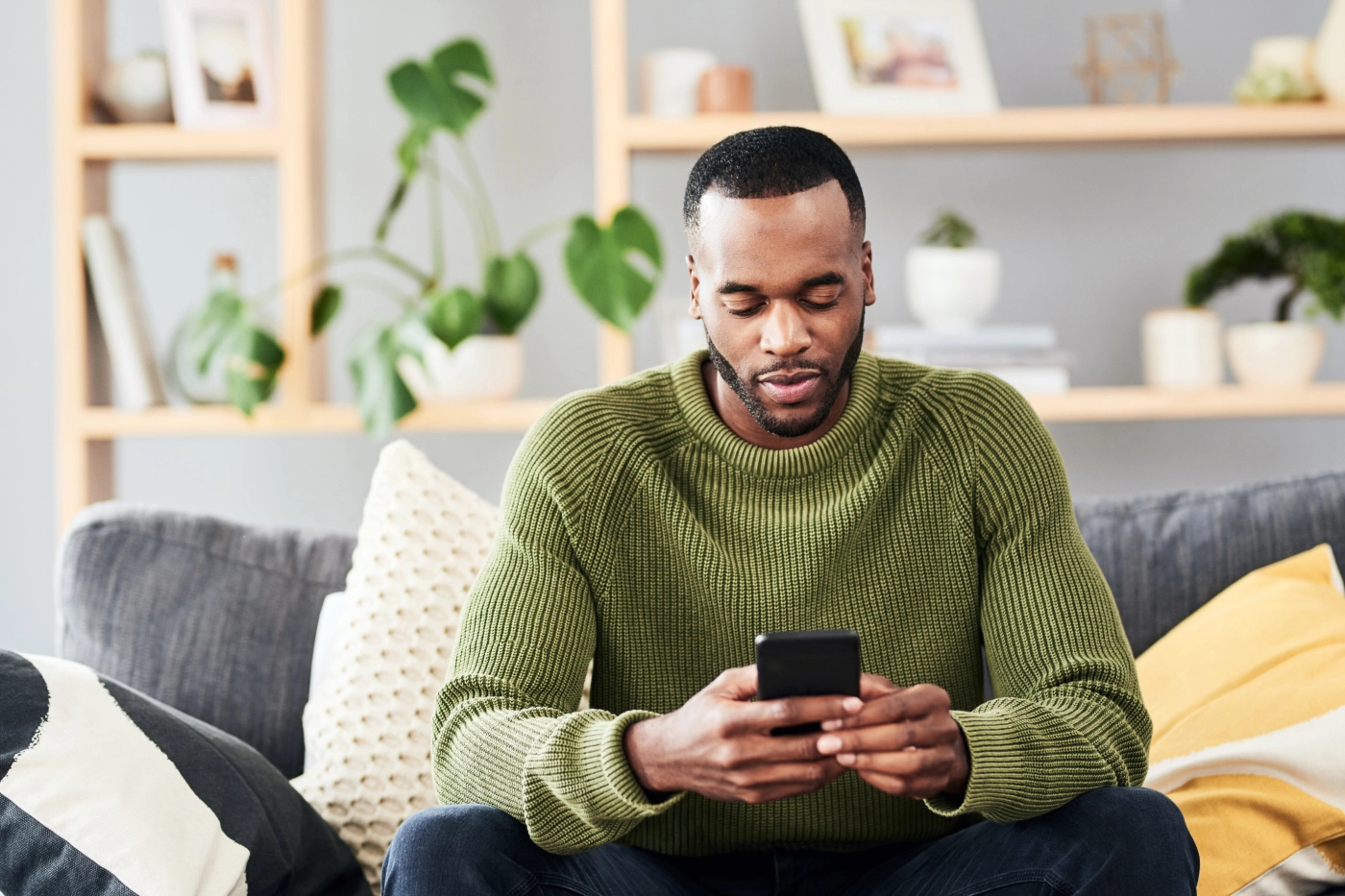Occasional anxiety is a normal feeling but for some it can seem as if it’s taking over your life. Some anxiety disorders can be chronic, get worse over time, and have biological origins, similar to medical conditions. Doctor On Demand psychologist Dr. Theresa Trevethan helps explain anxiety and provides useful tips to help you manage your anxiety.
What is generalized anxiety?
Generalized anxiety is an anxiety disorder which is characterized by feeling restless, having worrisome thoughts or apprehension that are excessive. Symptoms include difficulty concentrating, feeling tired, or inability to fall asleep because of being unable to calm the thoughts. Some people experience trouble with eating, either emotionally overeating or not feeling hungry at all.
What is social anxiety?
Social anxiety has many of the same symptoms, but they are in reaction to people judging you. This is particularly hard in the days of social media where the ‘judgements’ come in the form of likes, followers or comments. Many people begin to avoid situations that make them feel anxious or judged. If left untreated, it can lead to problems in relationships and work as people avoid more and more situations.
What are common causes for anxiety?
From studies with twins and family members, there appears to be a genetic or biological origin to anxiety disorders. Common triggers are finances, work and relationship stress which can go on for some time and with the person struggling to resolve the stress.
What are self-care tips to help manage anxiety?
- Sleep. Studies show that lack of sleep increases anxiety. Sleep is needed to consolidate memory and to repair the brain. Sleep is restorative for the brain and helps you feel sharp and able to focus well which helps you deal with anxiety or stress.
- Healthy Eating and Exercise. Both are important as anxiety causes the stress hormones Adrenaline and Cortisol to be released which starts your fight, flight or freeze response increasing heart rate and causing shallow breathing. Your mind can read this as anxiety. Exercise helps with metabolizing these hormones and eating protein, fruits, vegetables and healthy carbs tends to stabilize your blood sugar and mood.
- Mindfulness. Practicing mindfulness is about really staying in the moment which helps slow the mind down. An effective way to do this is by connecting with your senses such as eating a small piece of chocolate and let it melt in your mouth while noticing the way it feels and tastes. You can also take a walk noticing how your body is moving and your surroundings.
- Plan Ahead. Schedule adequate time to do activities and leave plenty of time in between so you don’t feel rushed and anxious.
When should you see a professional?
It’s recommended to see a psychologist for anxiety when it becomes unmanageable and interferes with your ability to function in daily life. If you continue to struggle with anxiety after several sessions with a psychologist, your provider may recommend seeing a psychiatrist for medication management. Medication can help lessen anxiety which can help you effectively use the skills that the psychologist is working on with you.
Reduced costs may be available through your insurance plan or employer. Learn more or start a virtual visit at Doctor On Demand.
About the author

Our team of subject matter experts, product developers, customer service representative, care coordinators, writing staff and editors contribute to Doctor On Demand articles.



